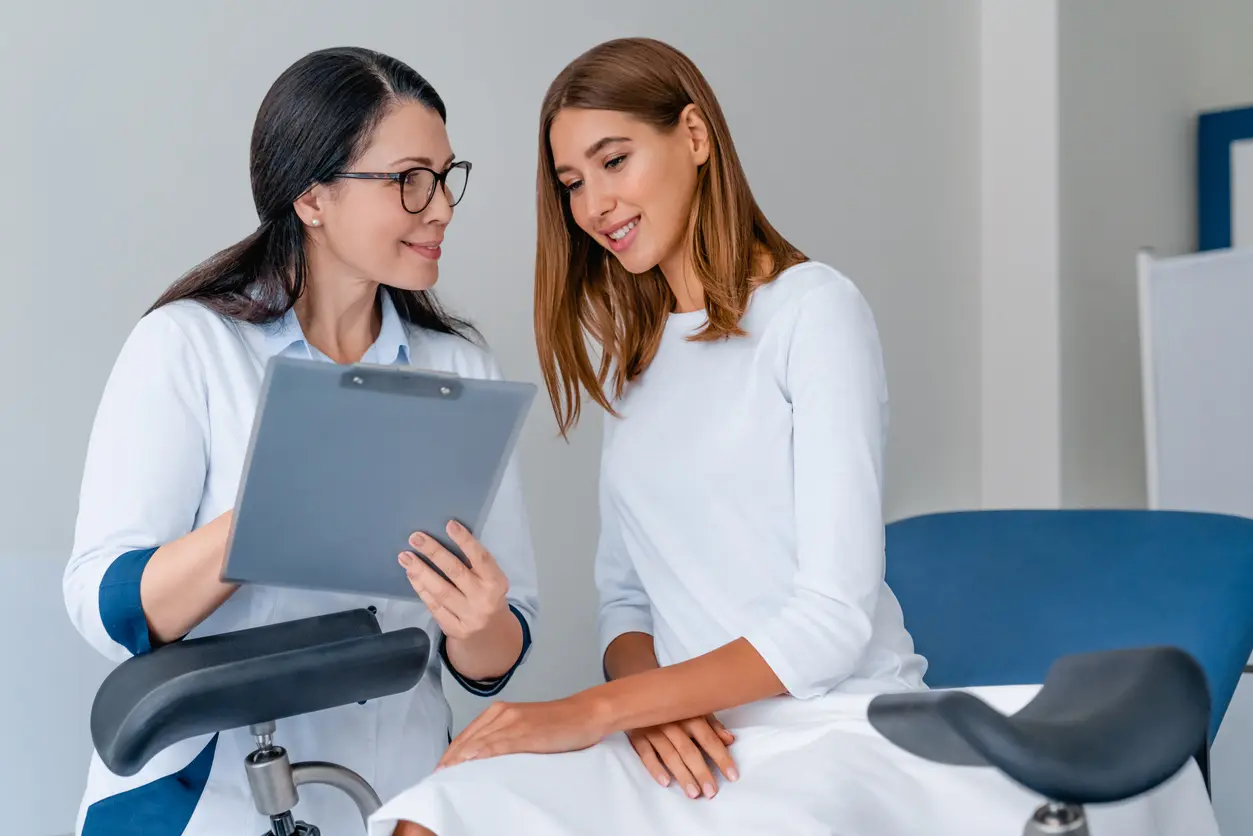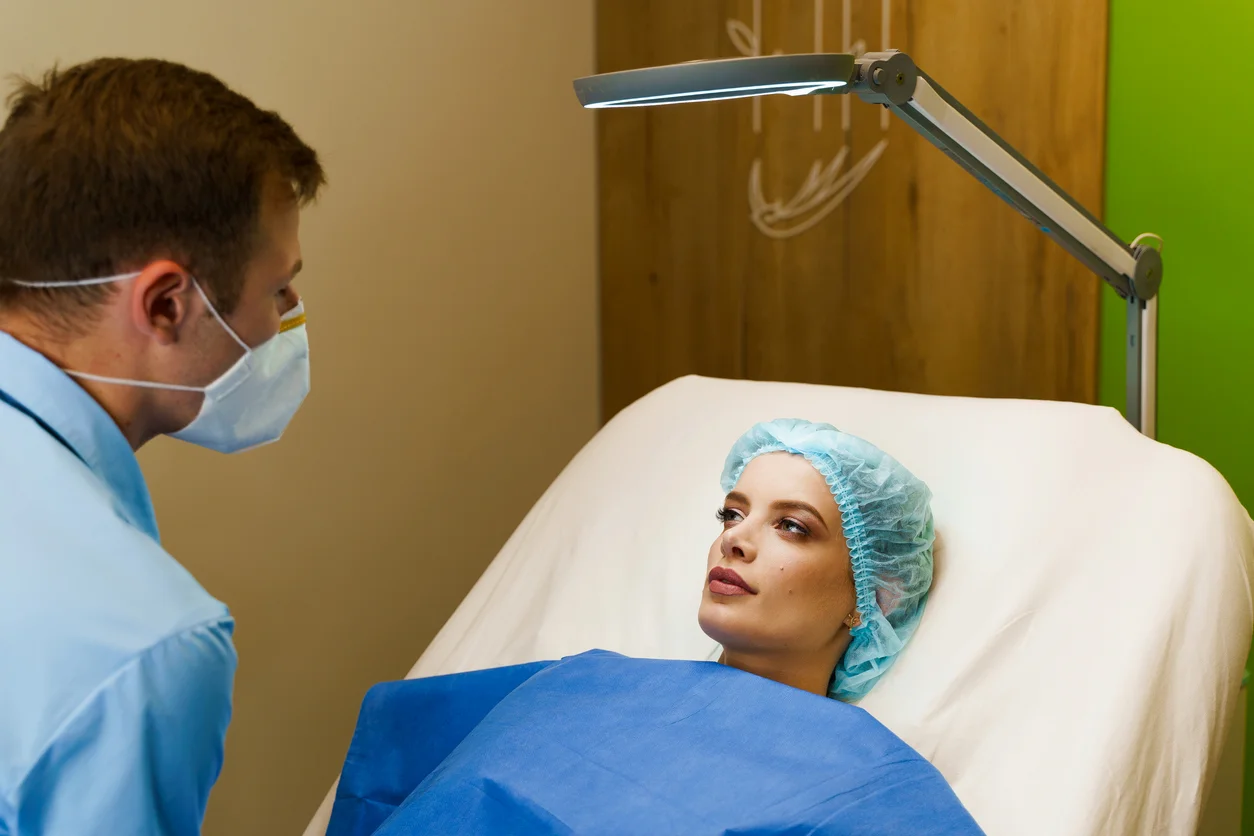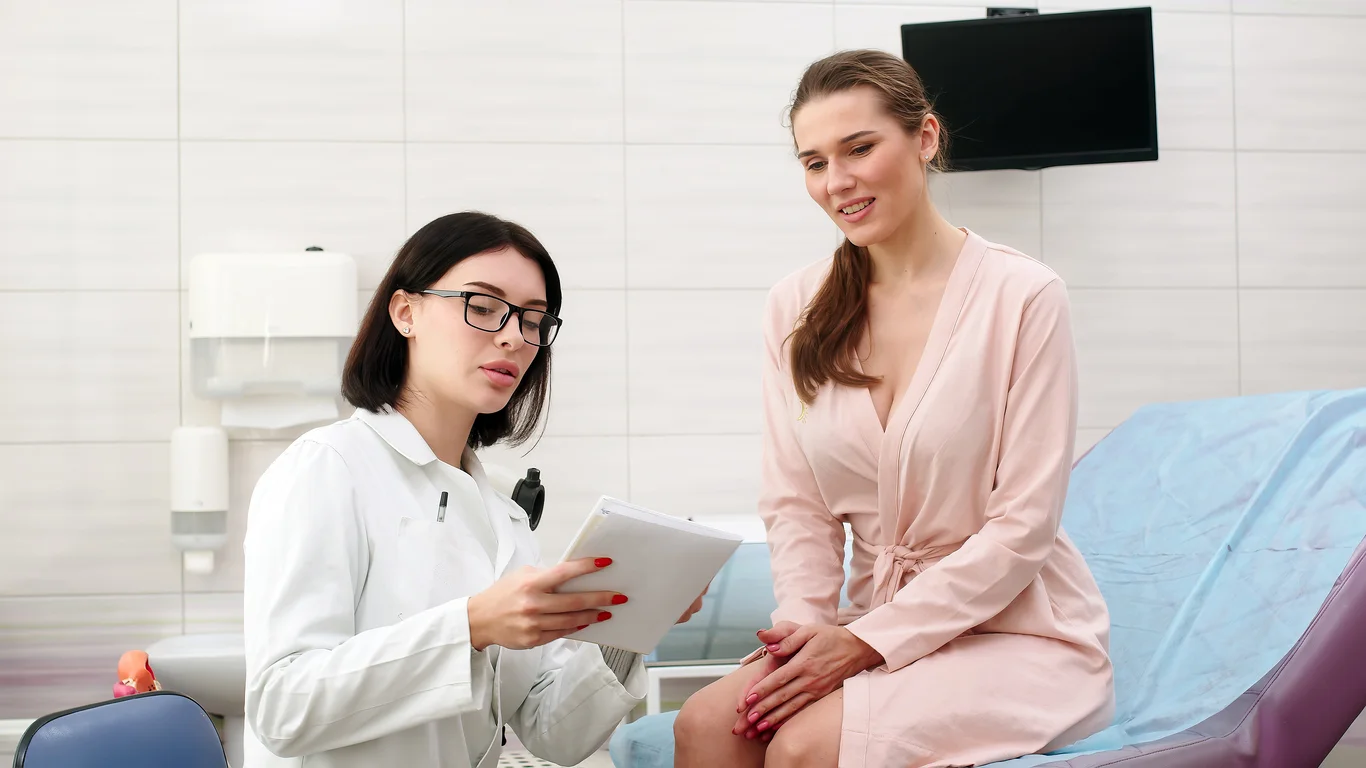Have you ever accidentally pooped a little in your pants? We know this is a tough question, so bear with us! A lot of people may have an accident and be truly worried they have a problem. If this sounds like you, take heart, because one accident does not necessarily mean you have a problem that needs immediate medical attention.
Here’s a closer look at what fecal incontinence is and when to seek out medical treatment at Aguirre Specialty Care.
What is fecal incontinence?
Most simply, fecal incontinence is when you have lost the ability to control your bowel movements. This condition affects about 40 million adults in the U.S. and Europe, and it typically hits people after age 70. Unfortunately, women get the short end of the stick here because fecal incontinence can affect them much younger as a result of neuromuscular trauma from childbirth.
There are two types of fecal incontinence: 1) urge fecal incontinence when you need to go but can’t get to the toilet fast enough and 2) passive fecal incontinence when you pass stool or mucus from your anus without knowing it.
How do you know you have fecal incontinence?
Fecal incontinence, like any disorder, can range in intensity from mild leakage to severe incontinence, when fecal control is totally lost. A few symptoms of fecal incontinence include:
- Having solid or liquid stool leak when least expected
- Finding streaks of stool in the underwear
- A reduction in your quality of life from fear of having accidents
What are the causes of fecal incontinence?
As stated above, childbirth can cause fecal incontinence by putting severe stress on the pelvic floor, damaging nerves or tearing muscles. Other causes of fecal incontinence, some of which may surprise you, include: diarrhea; constipation; nerve damage caused by hemorrhoid surgery; gallbladder removal; chronic straining to pass stool; pelvic floor dysfunction/pelvic prolapse (rectocele); medication side effects; stroke; diabetes; multiple sclerosis; spinal cord injury; radiation treatment; inflammatory bowel diseases (Crohn’s disease, ulcerative colitis); functional gastrointestinal disorders (irritable bowel syndrome); reduced physical mobility; and aging/loss of elasticity in rectum.
What can I do to help my fecal incontinence?
Luckily, there are steps you can take to improve your condition, if not eliminate it, depending on the cause of your incontinence. For example, diet may help, such as eating balanced meals that are high in fiber and boosting your fluid intake. Other helpful tools:
- Pelvic muscle exercises (Kegels)
- Sacral nerve stimulation (Axonics® Therapy, InterStim™ Therapy)
- Sphincteroplasty
What is my first step?
You are not alone, and help is at hand! To learn more about fecal incontinence or other pelvic disorders, reach out to us by calling 303-322-0500 or requesting a consultation online today.





